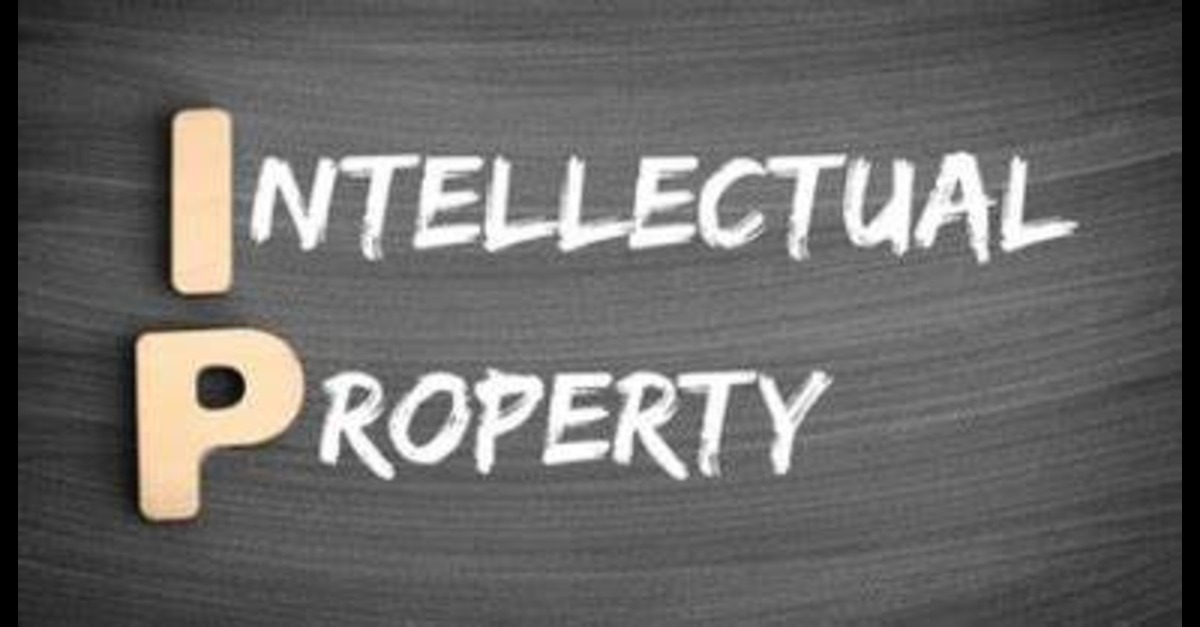Abstract
The Personality rights, encompassing the right to control the commercial use of one’s identity, have become increasingly important in today’s digital age. This article further explores the concept of personality rights, their necessity, and their legal protections in India in detail. It further delves into the types of personality rights, the laws that safeguard them, and recent legal battles fought by celebrities to protect their identities which are significant precedents.
Keywords
Personality Rights, Right to Publicity, Right to Privacy, Celebrity Identity, Commercial Exploitation, Legal Protections.
Introduction
In India, the rise of social media and the online content in general has transformed the image and identity of public figures into one of the most valuable assets. Celebrities, from various industries like Bollywood stars to those of cricket legends, have become aware of the need to secure their “personality rights” in this modern era. These rights are also recognized by the courts as arising from the right to privacy, thereby also allowing individuals to control the commercial use of their name, image, likeness, and other identifiable aspects of their persona.
The concept of personality rights in India specifically has evolved significantly with the rise of advancements in technology and media. In the past, the celebrities had limited control over how their images were being used. However, with the growth of social media and in this digital era, the line between public interest and individual privacy has become increasingly blurred and very confusing. This has led to the surge in legal battles over the misuse of celebrity identities particularly with regard to that of the commercial exploitation.
Key Provisions of Personality Rights
The Personality rights are broadly categorized into two types, the first one is the right to publicity and the second one is the right to privacy. The right to publicity ensures that a celebrity’s image, voice, or other traits are not misused for commercial purposes without their permission. This right can last until the death of the celebrity and is not inherited by their legal heirs. The right to privacy particularly protects the celebrities from unauthorized use of their images or personal information, which can infringe upon their private lives and their privacy.
In India however, there is no specific law dedicated to protecting personality rights. However, the Supreme Court and various high courts recognize these rights as emerging from the right to privacy and through various previous judgements as precedents which is a fundamental right under Article 21 of the Constitution. Other laws, such as the Trademark Act of 1999 and the Copyright Act of 1957, also provide the necessary legal safeguards against the misuse of celebrity identities. For instance, celebrities can now proceed to go to register their names and signatures under the Trademark Act to prevent unauthorized us
Criticism and Controversies
Despite legal protections, controversies surrounding personality rights continue. A notable case involved Olympian P.V. Sindhu, where brands were taken to court for using her image without permission. Another controversy involved a film based on the life of late actor Sushant Singh Rajput, which was produced without the family’s consent. These cases highlight the challenges in balancing public interest with individual privacy rights.
Recent Developments
In recent years, there has been an increase in legal actions taken by celebrities to protect their personality rights. The courts have upheld the principle that while public figures are subject to scrutiny, they also have the right to control how their identities are commercially used. This has led to a greater awareness among businesses about the importance of obtaining consent before using celebrity images or likenesses.
Arguments For and Against Personality Rights
Supporters argue that personality rights are essential for protecting celebrities from exploitation and ensuring they profit from their fame. Critics, however, suggest that these rights can sometimes limit free speech and public discourse, particularly when it involves public figures.
Conclusion
In conclusion, personality rights are a crucial aspect of modern legal discourse, particularly for public figures. While there are challenges in balancing these rights with public interest, legal reforms and court judgments have provided a framework for their protection. As technology continues to evolve, it is essential to refine these laws to ensure that individuals maintain control over their identities in the digital age.
“PRIME LEGAL is a full-service law firm that has won a National Award and has more than 20 years of experience in an array of sectors and practice areas. Prime legal falls into the category of best law firm, best lawyer, best family lawyer, best divorce lawyer, best divorce law firm, best criminal lawyer, best criminal law firm, best consumer
lawyer, best civil lawyer.”
WRITTEN BY POOJA PARAMESWARAN


